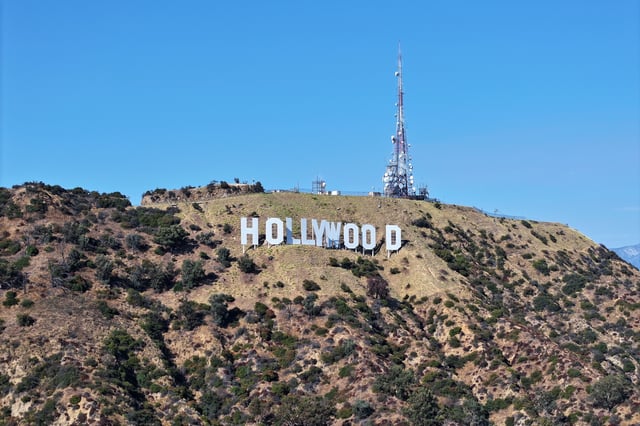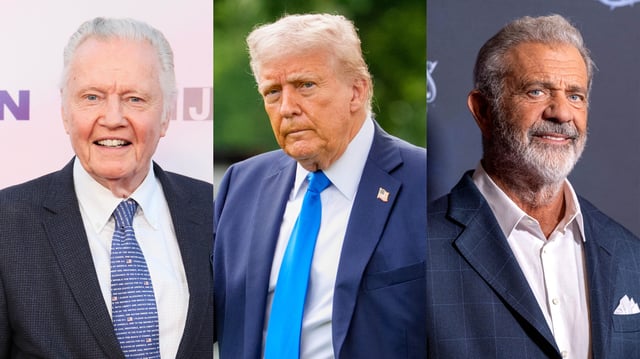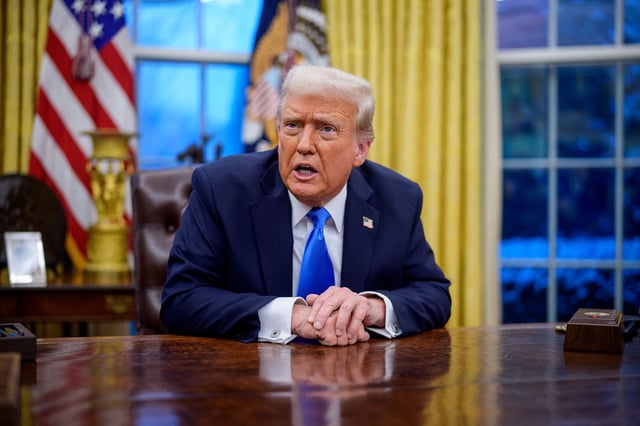Overview
- President Trump has authorized U.S. trade agencies to begin reviewing a 100% tariff on all foreign-made films, citing the need to protect American jobs and filmmaking.
- Reactions from Americans are divided, with some supporting the measure as a boost to domestic industries and others questioning its effectiveness.
- Indian film industry leaders warn that the tariff could eliminate theatrical releases of Indian films in the U.S., forcing a shift to digital platforms.
- Experts caution the tariff may backfire by incentivizing Hollywood studios to move more production overseas, undermining its intended goals.
- India, the world's largest film producer, relies on the U.S. diaspora for a meaningful share of overseas revenue, but domestic markets remain its primary focus.



